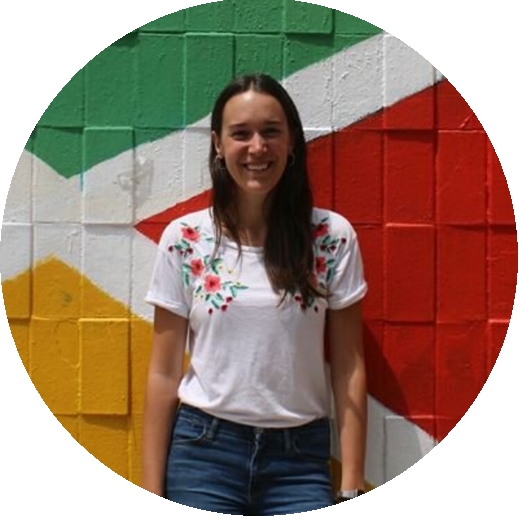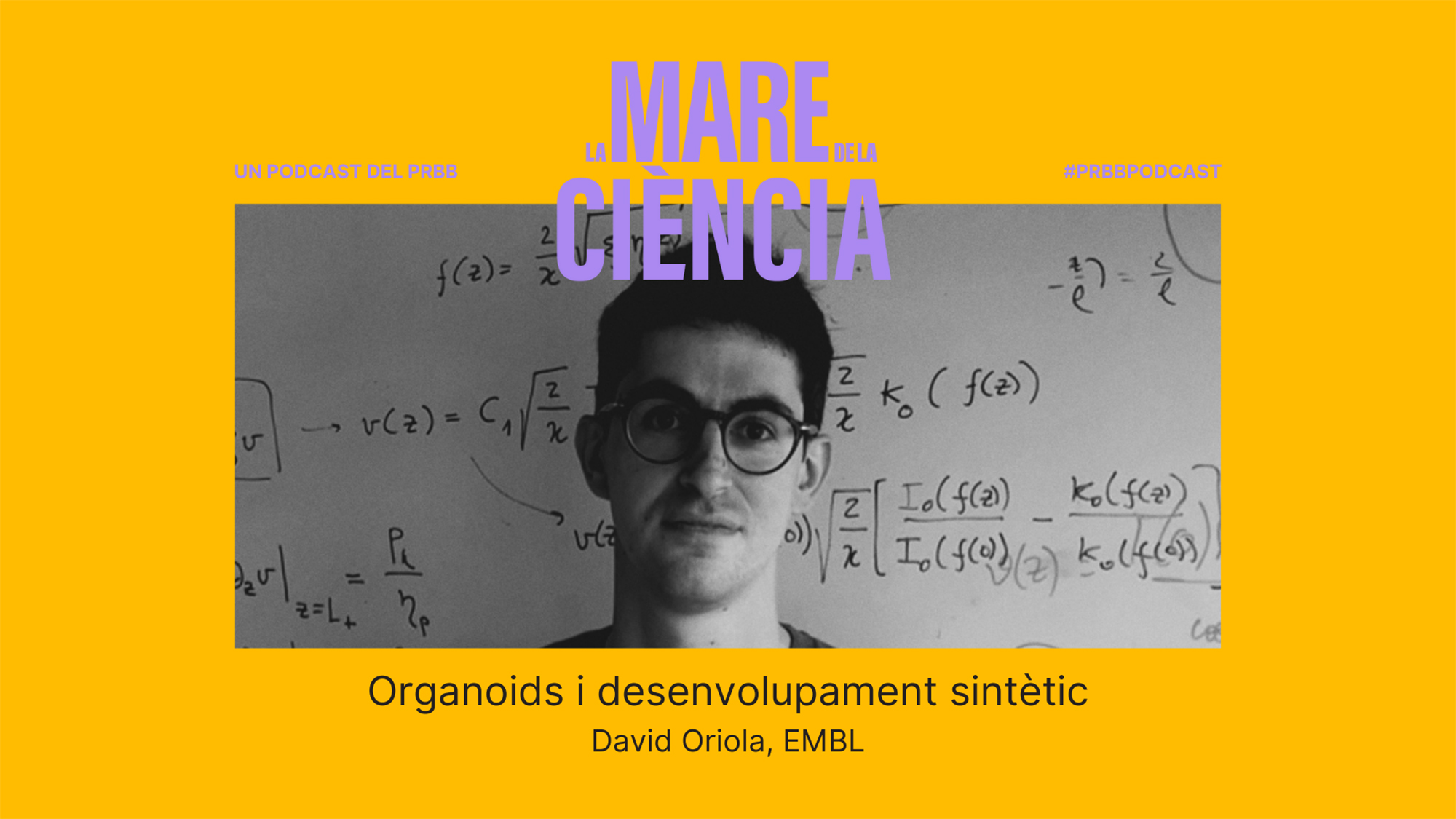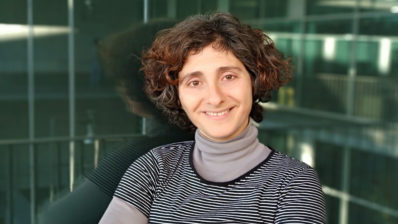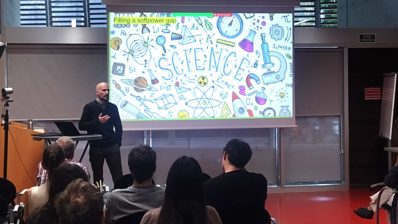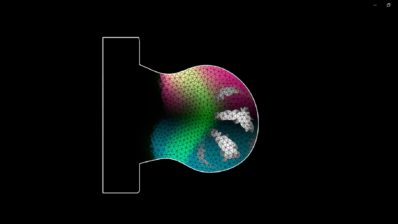Increasingly, research teams are trying to solve their scientific questions from different points of view combining different techniques, disciplines and backgrounds. That is why, the third episode of ‘La mare de la ciència’, the science dissemination podcast in Catalan produced by the Barcelona Biomedical Research Park (PRBB), pictures a physicist who works surrounded by biologists.
In this episode, David Oriola, a postdoctoral researcher in the group that studies the self-organization of multicellular systems at the European Molecular Biology Laboratory – Barcelona (EMBL Barcelona), talks about organoids and the physics driving the early stages of embryo development.
Organoids are three-dimensional structures that, given the right chemical signals, self-organize into simple organ-like structures. And in this lab, they use gastruloids to recreate the early stages of embryo development. “We make structures that in very few days form the head and tail axis”, explains David.
Studying mechanics in such a small structure is very different than doing so at the macroscopic level. There is no inertia and there is a lot of thermal noise, which is the movement of molecules by the effect of temperature. And this makes any process a lot more complicated, because “how can a cell do its job when there are tones of proteins and molecules attacking it, moving randomly around?”
In a project involving biology, physics, mathematics and even engineering, there is a mixture of points of view. And sometimes the language used in different disciplines is “a barrier that exists” and makes it difficult to understand each other. “But in the end, if you work in an interdisciplinary lab where everyone knows a little bit of everything, that’s not a problem”, explains the physicist.
Don’t miss this episode!
